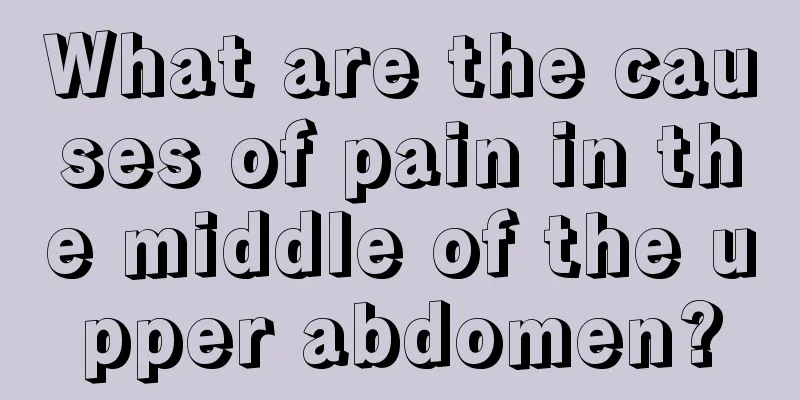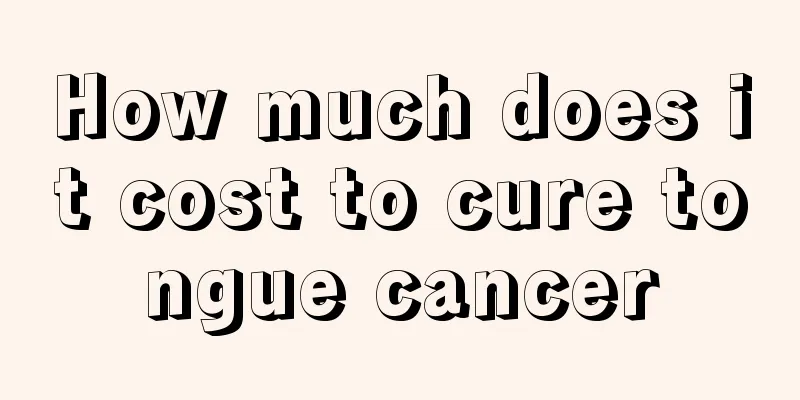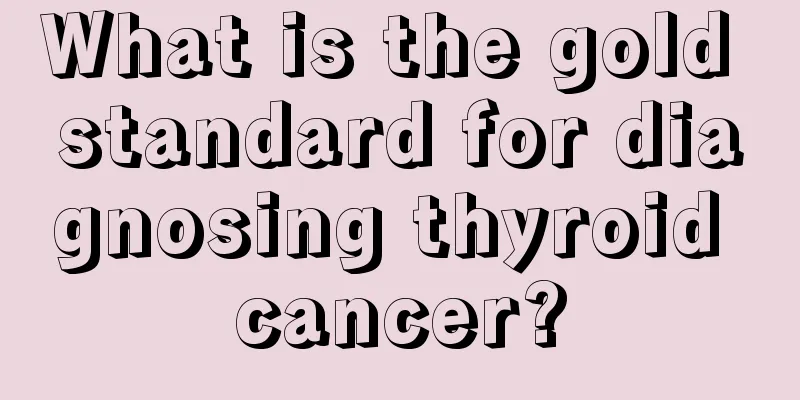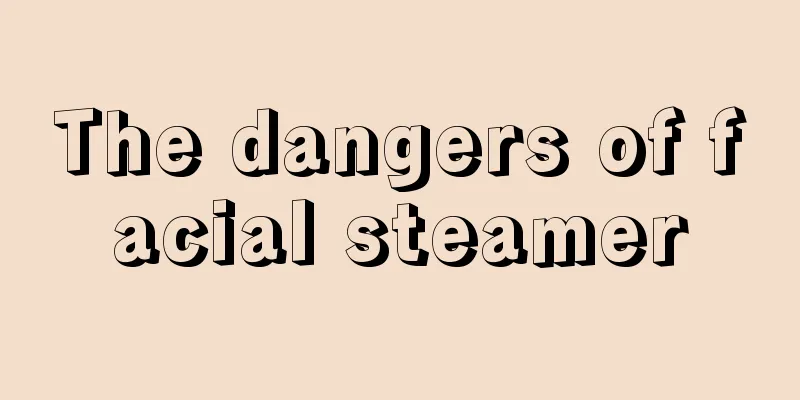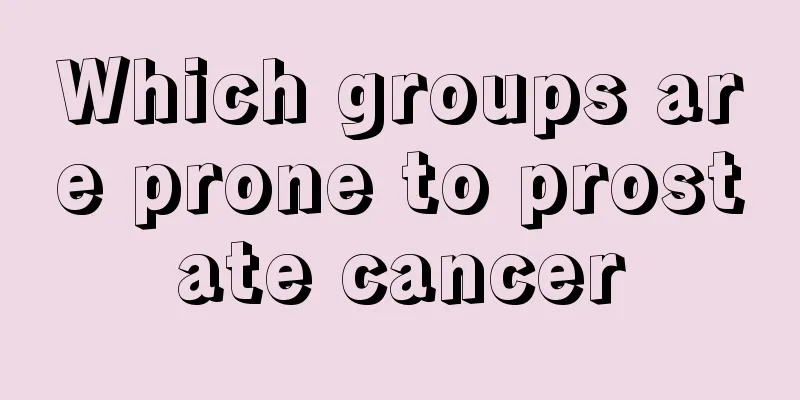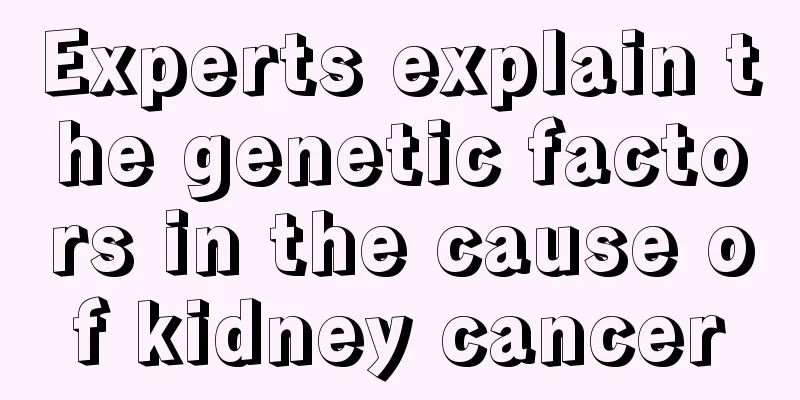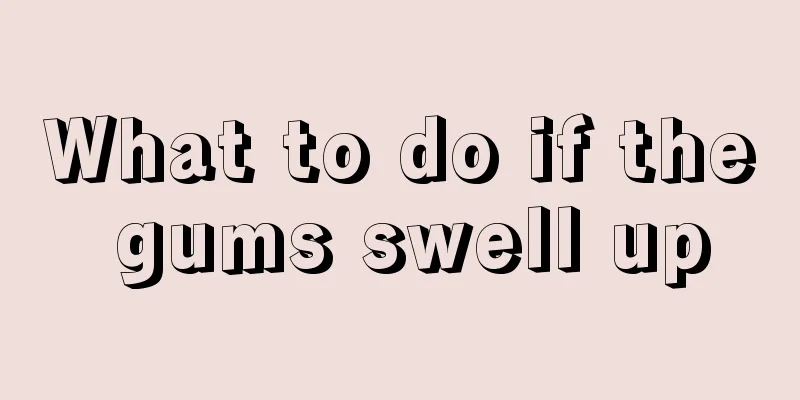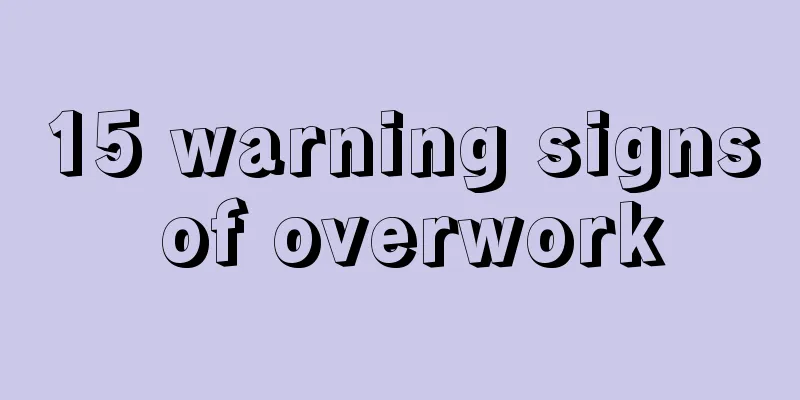Why do some medicines prohibit smoking and drinking? Do you know these medicines?
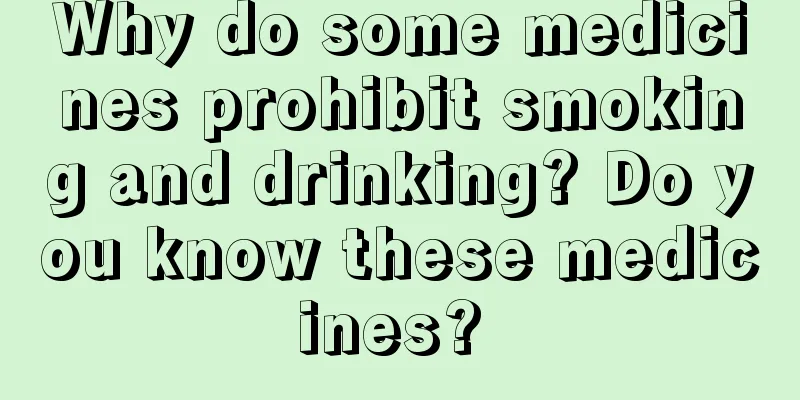
|
People should pay special attention to not smoking or drinking while taking medicine, because the chemical components in tobacco will react chemically with the medicine and even cause the medicine to lose its own medicinal properties. In severe cases, it can be life-threatening. Therefore, you should avoid smoking and drinking when taking medicine. Some medicines require special attention, such as tranquilizers, anti-allergic drugs, anti-angina drugs, etc. As we all know, smoking is harmful to health, but people's awareness of avoiding smoking and drinking while taking medicine has not yet been raised. We should pay attention to these. Why can't you drink alcohol while taking medicine? Pharmacological tests have revealed that polycyclic aromatic compounds in e-liquids can enhance liver enzyme activity, accelerate the metabolism and inactivation of certain drugs, shorten drug half-life, reduce blood drug concentrations, and thus weaken therapeutic efficacy. Smoking can also inhibit peristalsis, significantly delaying the discharge of food from the stomach and affecting the efficacy of drugs. Do not smoke when taking drugs such as cimetidine, furosemide, diazepam, theophylline, caffeine, etc. Taking medicine after drinking is equivalent to taking poison 1. Neuroleptics and antiallergic drugs: Neuroleptics such as chlorpromazine, promethazine, perphenazine, diazepam, chlorpheniramine, antiallergic drugs such as chlorpheniramine, cyproheptadine, diphenhydramine, etc., if taken with alcohol at the same time, can make people drowsy at the very least, and can cause low blood pressure, respiratory depression and death at the worst. 2. Anticoagulants: Drinking large amounts of alcohol has an impact on anticoagulants such as heparin and coumarin. Since the enzymes that break down drugs in the liver are inhibited, the half-life of these drugs in the body is prolonged, leading to serious accumulation and poisoning. 3. Hemostatic drugs: Because alcohol has an inhibitory effect on coagulation factors, the effects of alcohol and hemostatic drugs such as vitamin K and Anloxetine are mutually antagonistic, so these drugs should not be used after drinking. 4. Anti-anginal drugs: such as isopropylamine and nitroglycerin can suddenly dilate blood vessels. If used with alcohol, the alcohol will aggravate the adverse reactions such as headaches caused by these drugs. 5. Antihypertensive drugs: such as reserpine, nitroglycerin, etc., if taken with alcohol or drinking alcohol while taking the medicine, alcohol can cause vasodilation, which can easily lead to low blood pressure, which can be life-threatening in severe cases. 6. Digitalis drugs: such as digoxin, will increase the body's sensitivity to this type of drugs and lead to digitalis poisoning. 7. Hypoglycemic drugs: Taking hypoglycemic drugs after drinking alcohol can enhance the effects of hypoglycemic drugs and cause hypoglycemia shock. 8. Salicylic acid antipyretic analgesics: Aspirin itself has the side effect of damaging the gastric mucosa and causing gastritis. If taken with alcohol, it can induce ulcers or cause acute hemorrhagic gastritis. 9. Antidepressants: Taking antidepressants after drinking alcohol can cause excessive excitement, high blood pressure, and lead to cerebral hemorrhage, which is life-threatening. From the perspective of traditional Chinese medicine, a small amount of alcohol has the effect of promoting blood circulation, removing blood stasis, relaxing muscles and activating collaterals. But some Western medicines are incompatible with alcohol. If alcohol is used together with antihypertensive drugs and anti-anginal drugs, blood pressure may drop too quickly or too low due to their simultaneous effect of dilating vasovasculature, leading to orthostatic hypotension, severe headache, gastrointestinal discomfort, sudden fainting, and even cerebrovascular accident. When used together with sedatives and hypnotic drugs, the central nervous system may be severely depressed, causing drowsiness in mild cases and difficulty breathing, low blood pressure, and even paralysis of the respiratory center and death in severe cases. Therefore, it is necessary to avoid smoking and drinking during medication. |
<<: How to choose the best material for a cooking pot
>>: What are the symptoms of procrastination?
Recommend
The efficacy and function of melon seed oil
Types of oil include melon seed oil, which is mad...
How does thyroid cancer cause a slower heartbeat?
Thyroid cancer is a malignant tumor originating f...
Is drinking tea beneficial for kidney deficiency
People with kidney deficiency generally look list...
What are the magical uses of osmanthus
Osmanthus is a very common plant with a unique ar...
The pores on my legs are enlarged
According to our minds, the skin on the legs shou...
Why do girls get breast cancer
The occurrence of breast cancer in women is affec...
Does surgery to repair a perforated eardrum hurt?
Eardrum perforation cannot be said to be serious ...
What are the benefits of cupping and scraping
Cupping and scraping have a very long history in ...
How to care for postoperative pain in patients with laryngeal cancer
Laryngeal cancer is one of the common cancers in ...
What is the most suitable concentration for alcohol disinfection?
In real life, alcohol is not unfamiliar to many p...
What are the symptoms of glioma
There may be many friends who have not heard of t...
Why do I choke when eating
Children's digestive systems are not fully de...
The best way to diagnose small liver cancer? These four are preferred
Most small liver cancers have no obvious clinical...
Is the hair dye pen poisonous
Hair dyeing has become a symbol of modern people&...
Pimples inside the nostrils
Nose problems are very common and difficult to tr...

